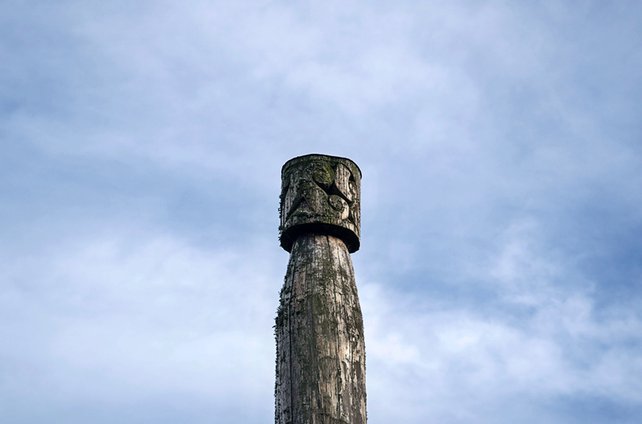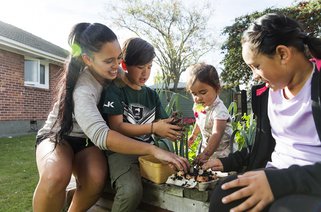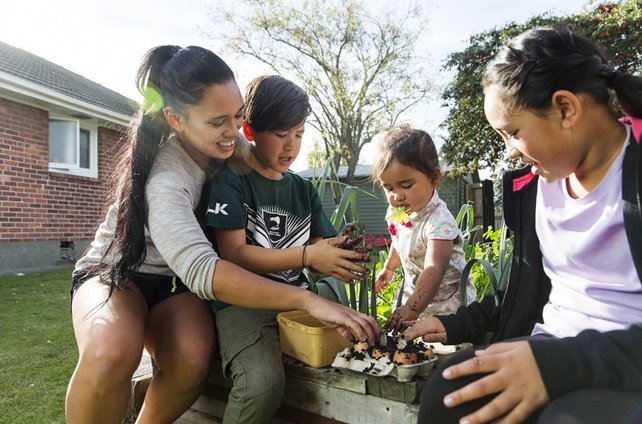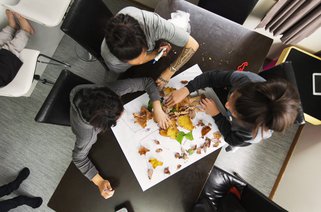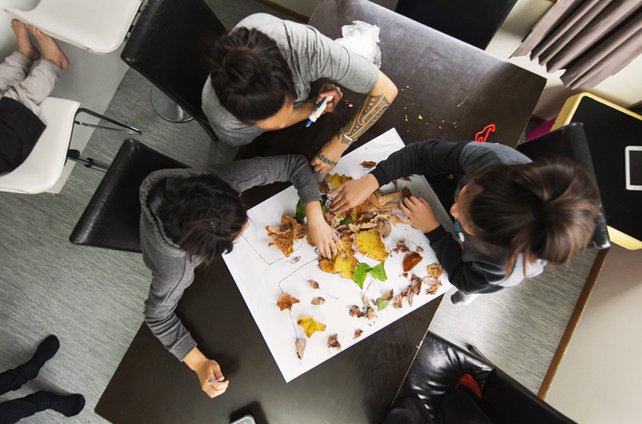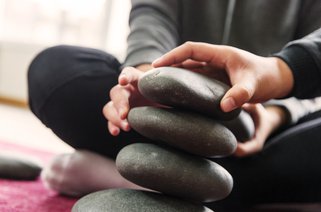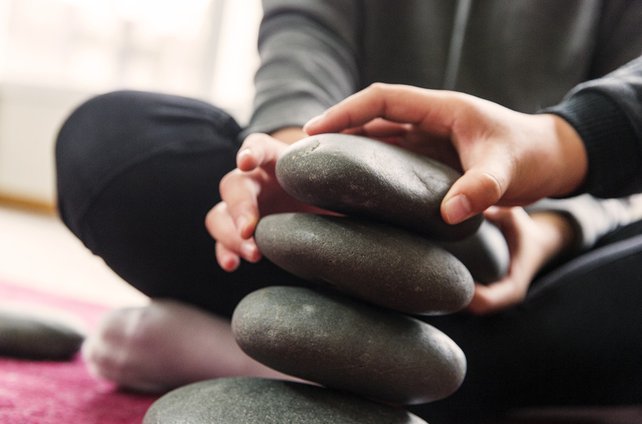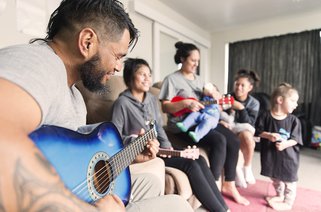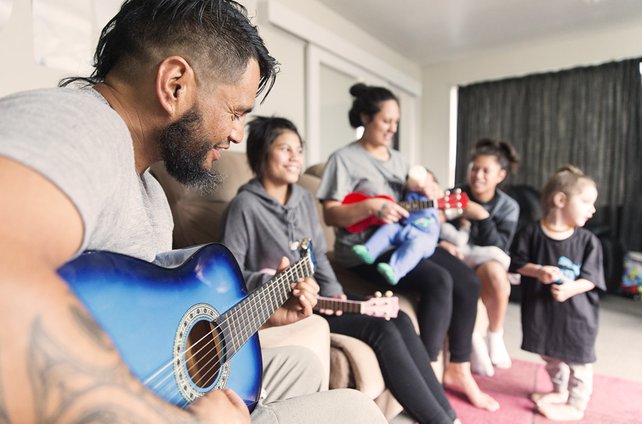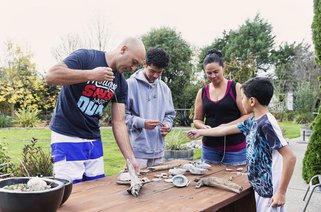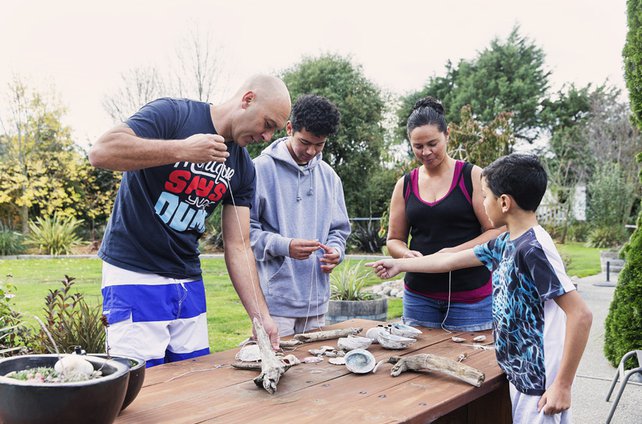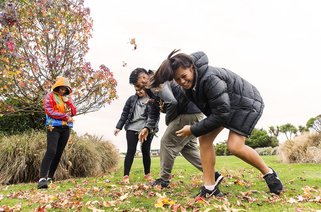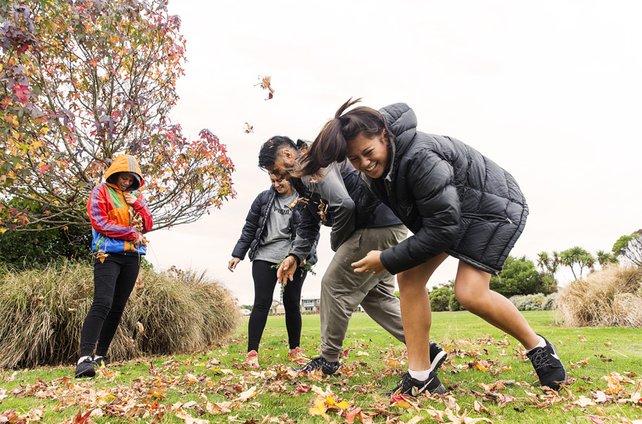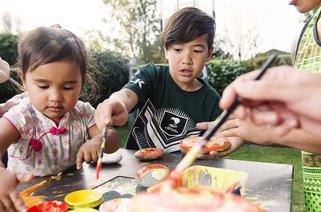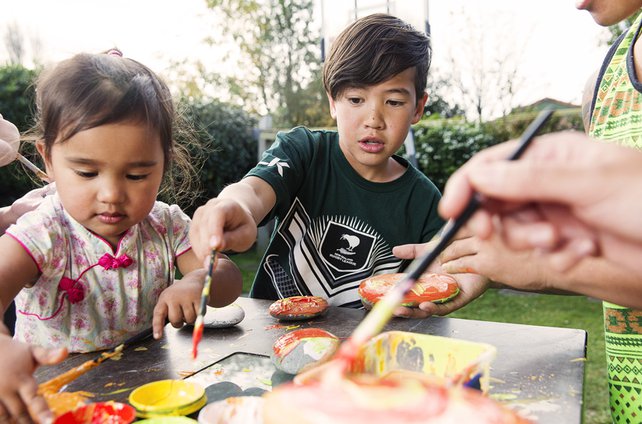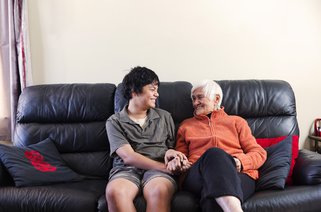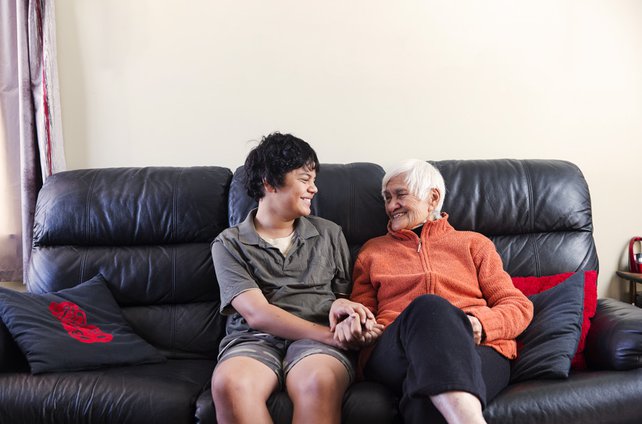Engage and empower
Me whakawhanaunga, me whakamana
Mental health promotion supports people to have more awareness of and control over what helps them feel good and function well. Raising emotional and wellbeing literacy can reduce worries or concerns over troubling experiences and emotions, bringing people’s natural coping mechanisms to the fore, improve quality of life, raise awareness of issues early and reduce the need for service-level care.
He aha te mea nui o te ao? He tangata, he tangata, he tangata
What is the most important thing? It is people, it is people, it is people
He aha te mea nui o te ao? He tangata, he tangata, he tangata
While most people won’t need to access specialist mental health services after an event, everybody can benefit from support to build knowledge and skills to take charge of their own mental health and wellbeing.
